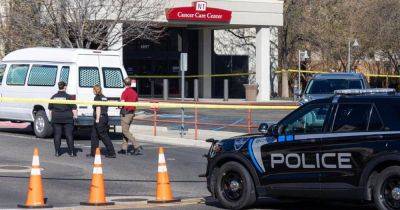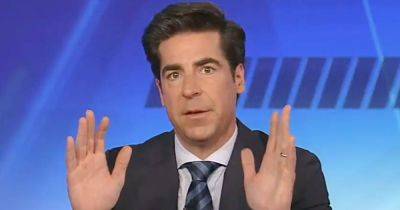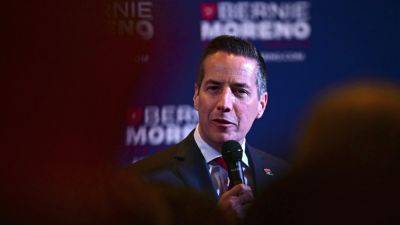University of Idaho Needs More Students. Should It Buy an Online School?
Depending on whom you ask, the University of Idaho’s plan to take over the University of Phoenix, a for-profit online school, is either a sweet deal or a potential disaster.
C. Scott Green, the president of University of Idaho, said he viewed the agreement with a price tag of $550 million as a hedge against what is known as the “demographic cliff,” an expected drop in the number of college-age students.
But critics of the university’s plan, like U.S. senators including Elizabeth Warren, nonprofits and a union, have questioned why the state’s top public university would team up with the University of Phoenix, known historically for its low graduation rates and misleading claims, so much so that it was recently ridiculed on “Saturday Night Live.”
The University of Idaho is just the latest publicly funded state school to consider partnering with a for-profit institution as a way to develop online enrollment. Arrangements at Arizona State, Purdue and, most recently, the University of Arizona have delivered varying results as higher education faces an existential crisis.
“There are going to be lots of universities that don’t survive,” Mr. Green, an alumnus of the University of Idaho and of Harvard Business School, said in an interview.
Mr. Green, who inherited a deficit when he became president in 2019, set out to run the university as a business. He cut spending, laid off employees and merged programs. He has also worked to entice students to the campus in Moscow, a city in a remote area of the state called the Palouse, which is distinctive for its vast rolling hills covered in wheat. He even published a book on navigating the university through crisis.







